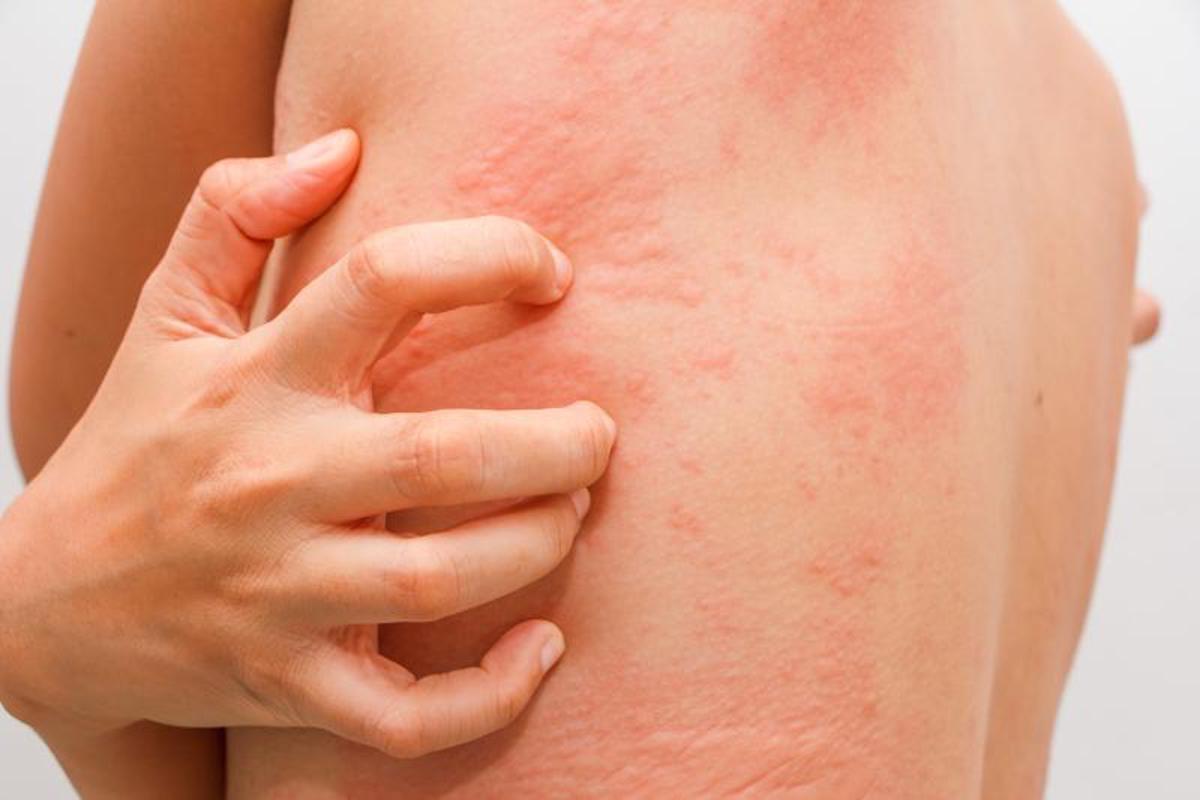Cold Urticaria, “Cold Allergy”

For many of us, being cold is simply unpleasant. However, for some, their body reacts to the cold in an unusual manner. For instance, for those with Cold Urticaria, also known as a “Cold Allergy,” their skin develops hives when they come into contact with the cold, like cold air or cold water. Although each person with Cold Urticaria experiences it differently, some experience severe reactions that are systemic, affecting the body as a whole. This is most commonly the case when swimming in cold water.
This reaction can cause a whole slew of symptoms including blood pressure levels that are frighteningly low, fainting, and shock. In the most severe cases Cold Urticaria can be fatal. Young adults are more likely to experience Cold Urticaria than children or older adults and more often than not symptoms tend to only last a few years. Those with Cold Urticaria can do their best to avoid the cold or can also take an antihistamine.
More from Things Health
-
Signs and Symptoms of Liver Damage
There are a variety of different causes of liver damage. For some, it is caused by genetics, making an individual prone to it, exposure to…
-
Visual Signs of Poor Health That Should Not Be Ignored
We often think that being diagnosed with an illness such as diabetes, heart disease, stroke or cancer as something that happens out of the blue.…
-
10 Common Symptoms of Having an Anxiety Disorder
What is normal? Sometimes it is difficult to determine when getting nervous or anxious is a normal feeling, and when you might have an anxiety…
-
The Most Common Causes of Atrial Fibrillation
Atrial fibrillation, Afib, is an abnormal heart rhythm, also known as an arrhythmia. Atrial fibrillation is described as rapid and irregular beating of the atrium,…
-
The Most Common Symptoms of Fibromyalgia
Fibromyalgia affects almost six million Americans. It is a pain disorder that influences the musculoskeletal system and alters the way that pain is processed by…






